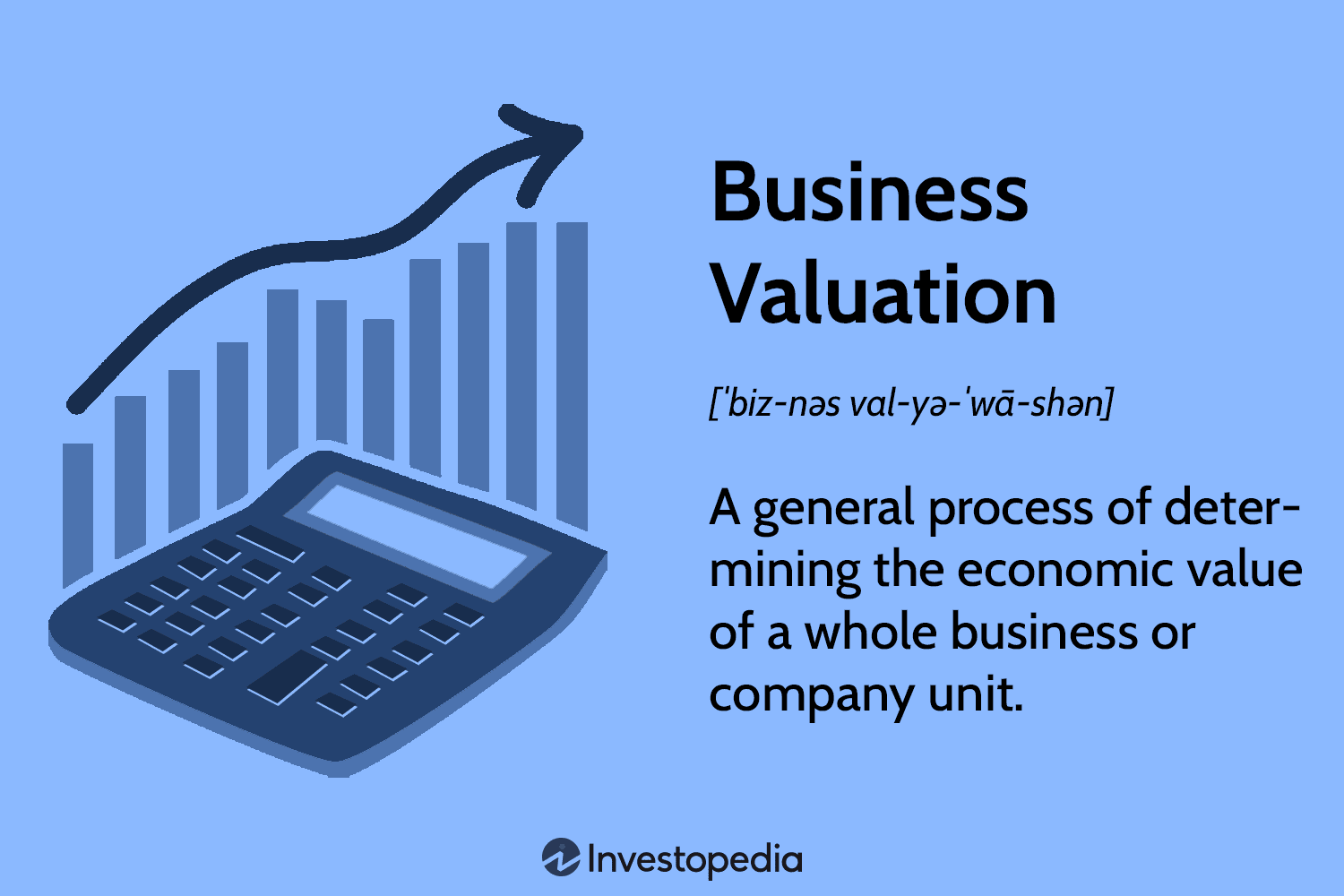The Importance of Accurate Business Valuation
Introduction
When it comes to selling your business, one of the most critical steps is determining its fair market value. An accurate business valuation is essential for attracting serious buyers and setting realistic expectations. However, many business owners struggle with this task due to emotional attachment and a lack of understanding of the valuation process. In this post, we’ll explore why accurate business valuation is crucial, the factors that influence valuation, and how overvaluation can deter buyers.
Why Accurate Business Valuation Matters
An accurate business valuation serves as the foundation for a successful sale. It helps set a realistic asking price, making your business more attractive to potential buyers. An inflated valuation can lead to prolonged sales periods and lost opportunities, as buyers are often deterred by unrealistic price expectations. Conversely, undervaluing your business can result in a significant financial loss. Here are key reasons why getting the valuation right is crucial:
Attracting Serious Buyers: Buyers are more likely to engage with a business that has a realistic and justifiable asking price. An accurate valuation builds trust and confidence in potential buyers.
Facilitating Financing: Buyers often need financing to purchase a business. Lenders will scrutinize the valuation, and an accurate, professionally prepared valuation can facilitate the financing process.
Streamlining Negotiations: A well-supported valuation can serve as a solid basis for negotiations, helping to prevent disputes over the asking price and terms of the sale.
Minimizing Time on Market: Businesses priced correctly are more likely to sell faster than those with inflated prices, reducing the time and resources spent on the sale process.
Factors Influencing Business Valuation
Several factors influence the valuation of a business. Understanding these can help you better prepare for the valuation process:
Financial Performance: Revenue, profit margins, and cash flow are critical metrics that influence business valuation. Buyers are interested in businesses with strong financial performance and growth potential.
Market Conditions: Industry trends, economic conditions, and market demand significantly impact valuation. A business in a booming industry will likely have a higher valuation than one in a declining sector.
Assets and Liabilities: The value of tangible and intangible assets, as well as outstanding liabilities, play a crucial role in determining a business's worth.
Competitive Position: A business with a strong competitive position, such as a well-established brand or unique product offering, will typically be valued higher.
Growth Potential: Buyers are willing to pay a premium for businesses with significant growth potential, including opportunities for expansion or entering new markets.
The Role of Professional Appraisals
Given the complexity of business valuation, engaging professional appraisers is highly recommended. Professional appraisers use various methods to determine a business's fair market value, including:
Income Approach: This method estimates the value based on the business’s ability to generate future income, often using discounted cash flow analysis.
Market Approach: This method compares the business to similar businesses that have recently sold, using multiples of revenue, EBITDA, or other financial metrics.
Asset-Based Approach: This method calculates the value based on the net asset value of the business, considering both tangible and intangible assets.
A detailed appraisal report provides credibility and transparency, making it easier to justify the asking price to potential buyers. It also helps identify areas for improvement that could enhance the business’s value before listing it for sale.
Overcoming Emotional Attachment
One of the biggest challenges in business valuation is overcoming emotional attachment. Owners often overvalue their businesses due to the personal effort and emotional investment involved. However, buyers view the business from a purely financial and strategic perspective. Here are some tips to manage emotional attachment:
Seek Objective Opinions: Involve trusted advisors or professional appraisers to provide an objective valuation.
Focus on Data: Rely on financial data and market benchmarks to set your asking price, rather than personal feelings.
Prepare Mentally: Recognize that the sale is a business decision and try to detach emotionally from the valuation process.
Conclusion
Accurate business valuation is a critical step in the process of selling your business. It sets the foundation for attracting serious buyers, facilitating financing, streamlining negotiations, and minimizing time on the market. By understanding the factors that influence valuation and engaging professional appraisers, you can ensure your business is valued correctly, increasing the likelihood of a successful sale. At Forge Business Brokerage, we specialize in providing comprehensive valuation services to help you achieve the best possible outcome.
For more information or to discuss your business sale needs, contact us today!

